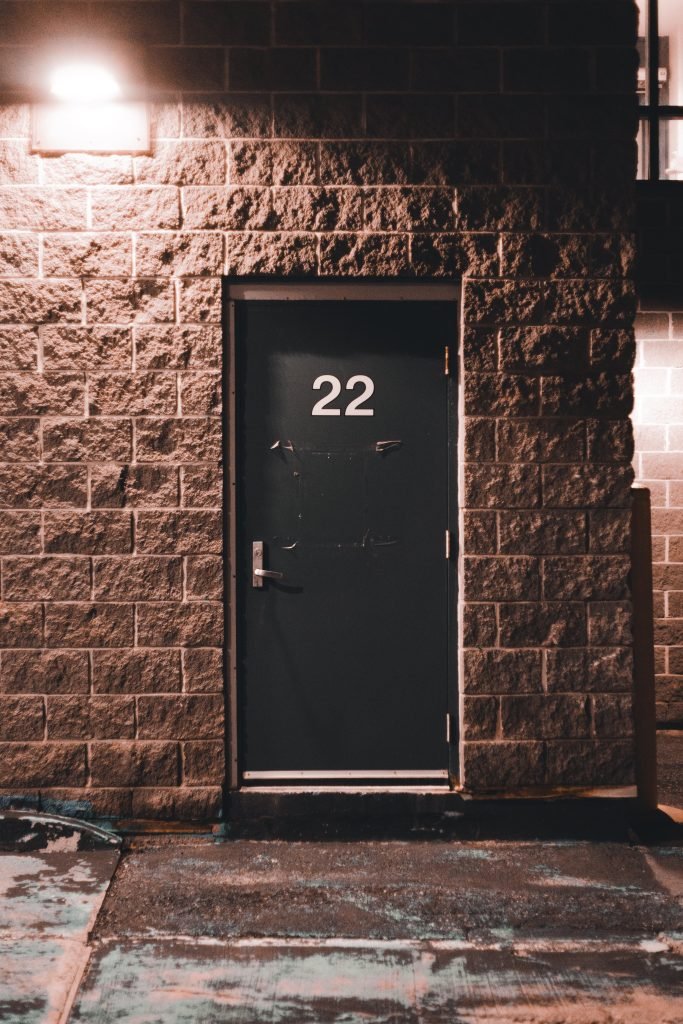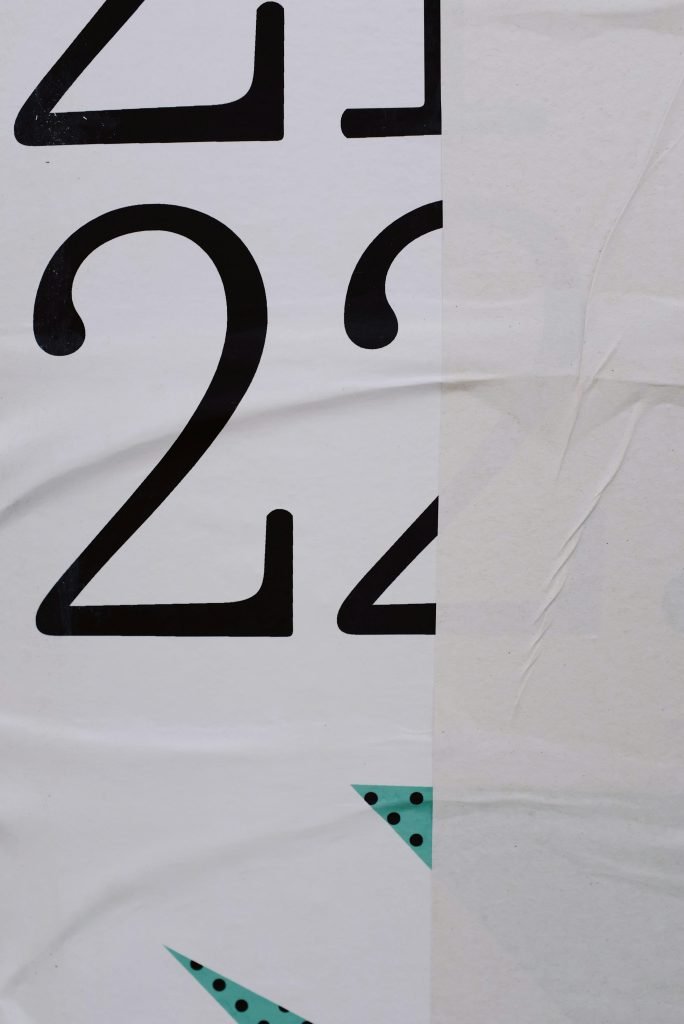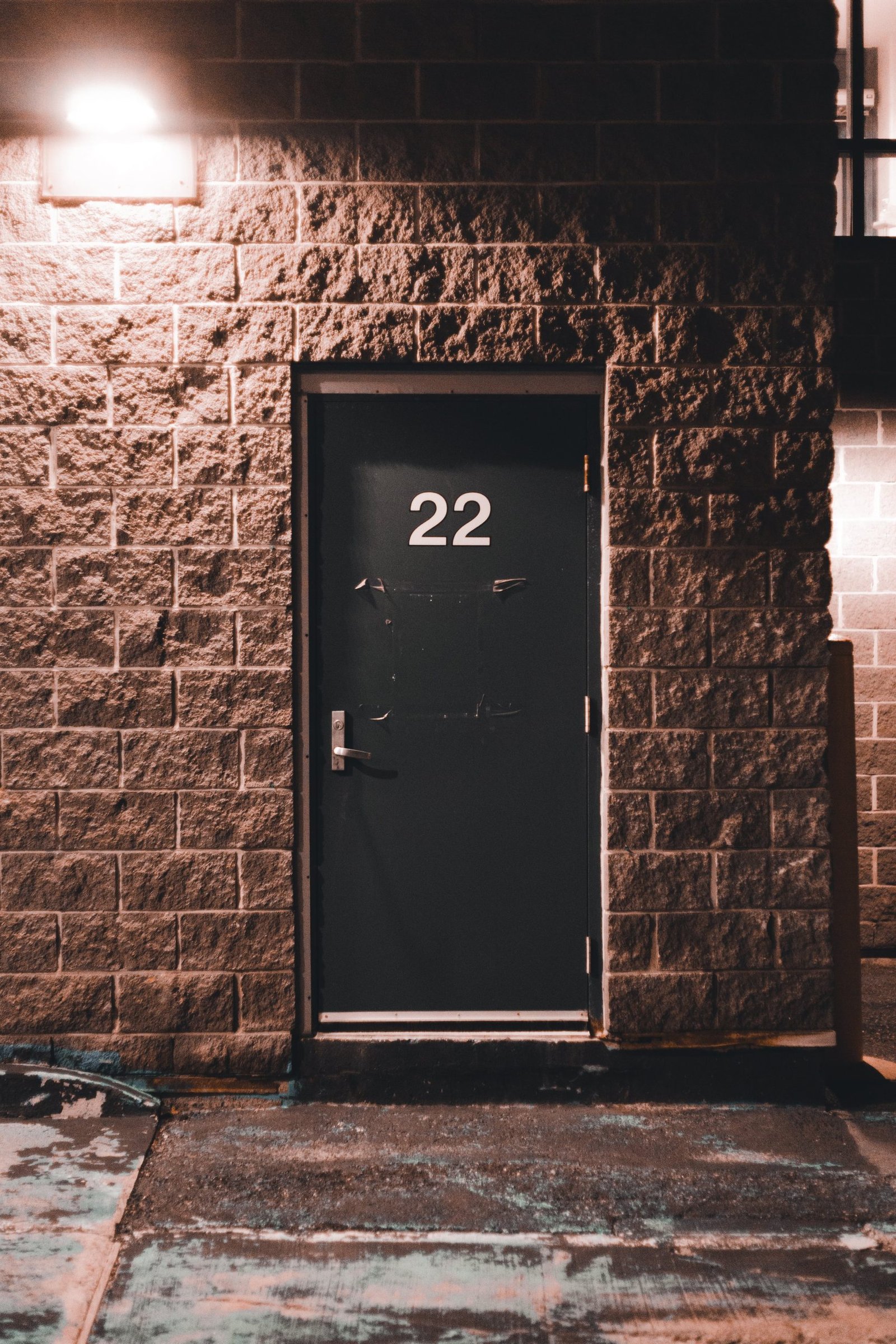Are you tired of the skyrocketing prices of prescription medications? Do you find yourself having to choose between putting food on the table or taking your essential medications? Well, worry no more! Introducing the Flat Fee Pharmacy Program, powered by MyFreePharmacy, a revolutionary concept that allows you to pay a flat monthly fee and receive your most prescribed medications for free. Through strategic partnerships and remarkable buying power, this program provides access to over 800 of the most commonly used generic medications, including those for acute and chronic conditions. Say goodbye to overpaying for prescriptions and hello to affordable, accessible healthcare. Subscribe today and start saving with the FlatFee Pharmacy Program.
Lower Blood Pressure Quickly Medications
Understanding High Blood Pressure
High blood pressure, also known as hypertension, is a common medical condition that affects millions of people worldwide. It occurs when the force of blood against the walls of your arteries is too high, causing strain on your cardiovascular system. If left untreated, high blood pressure can lead to serious health complications such as heart disease, stroke, and kidney problems.
What is High Blood Pressure?
High blood pressure is often referred to as the “silent killer” because it can show no noticeable symptoms until it reaches a dangerous level. Blood pressure is measured using two numbers: systolic pressure and diastolic pressure. Systolic pressure represents the force of blood when your heart is beating, while diastolic pressure represents the force exerted when your heart is at rest.
A normal blood pressure reading is around 120/80 mmHg, with anything above this considered elevated and an indication of high blood pressure. It is important to monitor your blood pressure regularly, especially if you have risk factors such as a family history of hypertension, obesity, smoking, or a sedentary lifestyle.
Causes of High Blood Pressure
High blood pressure can have several causes, including genetics, age, lifestyle choices, and underlying medical conditions. Some people may have primary hypertension, which means there is no identifiable cause, while others may have secondary hypertension, which is caused by an underlying condition such as kidney disease or hormonal disorders.
Lifestyle factors such as a poor diet high in salt and processed foods, lack of physical activity, obesity, and excessive alcohol consumption can also contribute to high blood pressure. Stress and certain medications, such as nonsteroidal anti-inflammatory drugs (NSAIDs) and birth control pills, can also elevate blood pressure in some individuals.
Risks and Complications Associated with High Blood Pressure
Having high blood pressure increases your risk of developing various health complications. Some of the most common risks associated with hypertension include:
- Heart disease and heart attacks: High blood pressure can damage the arteries, making them less elastic and more prone to blockages, increasing the risk of heart disease and heart attacks.
- Stroke: Uncontrolled hypertension can cause blood vessels in the brain to burst or become blocked, leading to stroke.
- Kidney problems: High blood pressure can damage the blood vessels in the kidneys, reducing their ability to effectively filter waste from the body. This can lead to kidney disease and eventually kidney failure.
- Vision loss: Hypertension can cause damage to the blood vessels in the eyes, leading to vision problems and even blindness.
Medications for Lowering Blood Pressure Quickly
While lifestyle modifications such as eating a healthy diet, exercising regularly, maintaining a healthy weight, and reducing stress can help manage high blood pressure, some individuals may require medication to effectively lower their blood pressure. It is important to note that medication should always be prescribed and monitored by a healthcare professional.
Here are some commonly prescribed medications for lowering blood pressure quickly:
1. Diuretics
Diuretics, also known as water pills, help lower blood pressure by reducing the amount of fluid in the body. These medications work by increasing the production of urine, which helps remove excess salt and water from the body. By reducing the overall volume of blood, diuretics can help relieve pressure on the arterial walls and lower blood pressure.
Types of Diuretics
There are different types of diuretics, including thiazide diuretics, loop diuretics, and potassium-sparing diuretics. Thiazide diuretics, such as hydrochlorothiazide, are commonly prescribed for hypertension as they effectively lower blood pressure and have a low risk of side effects.
How Diuretics Lower Blood Pressure
Diuretics lower blood pressure by reducing the volume of blood circulating through the arteries. By eliminating excess salt and water from the body, diuretics help decrease the amount of fluid that needs to be pumped by the heart, resulting in lowered blood pressure. These medications are often prescribed as a first-line treatment for hypertension.

2. Beta Blockers
Beta blockers work by blocking the effects of adrenaline on the heart, resulting in reduced heart rate and force of contraction. These medications help relax the blood vessels and lower blood pressure by reducing the workload on the heart.
Types of Beta Blockers
There are different types of beta blockers, including non-selective beta blockers and selective beta blockers. Non-selective beta blockers, such as propranolol, block beta receptors in both the heart and lungs, while selective beta blockers, such as metoprolol, primarily target beta receptors in the heart.
How Beta Blockers Lower Blood Pressure
Beta blockers lower blood pressure by reducing the heart’s output of blood and decreasing the force exerted on the arterial walls. They also help relax blood vessels, allowing for easier blood flow. By blocking the effects of adrenaline, beta blockers can effectively lower blood pressure in individuals with hypertension.
3. ACE Inhibitors
ACE inhibitors work by blocking the production of angiotensin II, a hormone that causes blood vessels to narrow. By inhibiting the effects of angiotensin II, these medications help relax blood vessels and lower blood pressure.
Types of ACE Inhibitors
There are different types of ACE inhibitors, including lisinopril, enalapril, and ramipril. These medications are commonly prescribed for individuals with hypertension and can effectively lower blood pressure.
How ACE Inhibitors Lower Blood Pressure
ACE inhibitors lower blood pressure by preventing the production of angiotensin II, which is responsible for constricting blood vessels. By relaxing blood vessels and reducing the resistance to blood flow, ACE inhibitors help lower blood pressure and improve overall cardiovascular health.
4. Angiotensin II Receptor Blockers
Angiotensin II receptor blockers (ARBs) work by blocking the effects of angiotensin II on blood vessels, which helps relax and widen the arteries. By inhibiting the actions of angiotensin II, ARBs can effectively lower blood pressure.
Types of Angiotensin II Receptor Blockers
Some commonly prescribed ARBs include losartan, valsartan, and irbesartan. These medications are often prescribed as an alternative to ACE inhibitors for individuals who experience side effects or cannot tolerate ACE inhibitors.

How Angiotensin II Receptor Blockers Lower Blood Pressure
Like ACE inhibitors, ARBs lower blood pressure by relaxing blood vessels and reducing the resistance to blood flow. By blocking the effects of angiotensin II, these medications help lower blood pressure and improve cardiovascular health.
5. Calcium Channel Blockers
Calcium channel blockers work by blocking the entry of calcium into the smooth muscle cells of blood vessels, which helps relax and widen the arteries. By inhibiting calcium, these medications help lower blood pressure.
Types of Calcium Channel Blockers
There are different types of calcium channel blockers, including dihydropyridine and non-dihydropyridine. Dihydropyridine calcium channel blockers, such as amlodipine, primarily target the blood vessels, while non-dihydropyridine calcium channel blockers, such as diltiazem, also have effects on the heart.
How Calcium Channel Blockers Lower Blood Pressure
Calcium channel blockers lower blood pressure by relaxing and widening the arteries, reducing the resistance to blood flow. By inhibiting the entry of calcium into smooth muscle cells, these medications help lower blood pressure and improve cardiovascular health.
6. Alpha Blockers
Alpha blockers work by blocking certain nerve impulses that cause blood vessels to constrict, resulting in relaxed and widened arteries. This helps lower blood pressure by allowing easier blood flow.
Types of Alpha Blockers
Some commonly prescribed alpha blockers include doxazosin and prazosin. These medications are often used in combination with other blood pressure-lowering drugs to achieve optimal results.
How Alpha Blockers Lower Blood Pressure
Alpha blockers lower blood pressure by blocking the effects of certain nerve impulses on blood vessels. By relaxing and widening the arteries, these medications help lower blood pressure and improve blood flow.
7. Central Agonists
Central agonists work by stimulating receptors in the brain that decrease the signals sent to the blood vessels, resulting in lowered blood pressure. These medications help relax and widen blood vessels.

Types of Central Agonists
Some commonly prescribed central agonists include clonidine and methyldopa. These medications are often used when other blood pressure-lowering drugs have not been effective.
How Central Agonists Lower Blood Pressure
Central agonists lower blood pressure by reducing the signals sent to blood vessels from the brain. By relaxing and widening blood vessels, these medications help decrease resistance to blood flow and lower blood pressure.
8. Vasodilators
Vasodilators work by directly relaxing and widening blood vessels, which helps lower blood pressure. These medications can be used in combination with other blood pressure-lowering drugs to achieve optimal results.
Types of Vasodilators
Some commonly prescribed vasodilators include hydralazine and minoxidil. These medications are often used in severe cases of hypertension or when other blood pressure-lowering drugs have not been effective.
How Vasodilators Lower Blood Pressure
Vasodilators directly relax and widen blood vessels, reducing the resistance to blood flow and lowering blood pressure. By increasing the diameter of blood vessels, these medications help improve overall cardiovascular health.
9. Combination Medications
Combination medications are often prescribed to individuals with high blood pressure who require more than one type of medication to effectively lower their blood pressure. These medications combine two or more blood pressure-lowering drugs in a single pill, making it easier for individuals to adhere to their prescribed treatment plan.
Types of Combination Medications
There are different types of combination medications, each containing a combination of different blood pressure-lowering drugs. Some commonly prescribed combination medications include thiazide diuretics combined with ACE inhibitors or calcium channel blockers, and beta blockers combined with diuretics.
How Combination Medications Lower Blood Pressure
Combination medications work by combining the effects of multiple blood pressure-lowering drugs into a single pill. By targeting different mechanisms of action, these medications can effectively lower blood pressure and improve overall cardiovascular health.
Tips for Using Medications to Lower Blood Pressure
When using medications to lower blood pressure, it is important to follow these tips to ensure optimal results:
Consult with a Healthcare Professional
It is crucial to consult with a healthcare professional, such as a doctor or pharmacist, before starting any medication to lower blood pressure. They can assess your individual needs, evaluate potential drug interactions or contraindications, and prescribe the most appropriate medication for your condition.
Follow the Prescribed Dosage
Always follow the prescribed dosage instructions provided by your healthcare professional. Taking too much or too little medication can affect its effectiveness and may lead to complications. It is important to take the medication as directed and adhere to the recommended schedule.
Report Any Side Effects
If you experience any side effects or adverse reactions while taking blood pressure medications, it is important to report them to your healthcare professional. They can evaluate the symptoms and make any necessary adjustments to your treatment plan to ensure your safety and wellbeing.
Maintain a Healthy Lifestyle
In addition to taking medication, it is essential to maintain a healthy lifestyle to effectively control high blood pressure. This includes eating a balanced diet low in sodium, engaging in regular physical activity, managing stress levels, maintaining a healthy weight, and avoiding smoking and excessive alcohol consumption.
Monitor Your Blood Pressure Regularly
Regularly monitor your blood pressure to track its progress and ensure that it is well controlled. This can be done at home using a blood pressure monitor or by visiting a healthcare professional for regular check-ups. Monitoring your blood pressure can help you and your healthcare professional make any necessary adjustments to your medication or lifestyle to maintain optimal blood pressure levels.
Conclusion
Lowering blood pressure quickly can effectively reduce the risk of developing serious health complications associated with high blood pressure. Medications such as diuretics, beta blockers, ACE inhibitors, angiotensin II receptor blockers, calcium channel blockers, alpha blockers, central agonists, vasodilators, and combination medications can help lower blood pressure and improve cardiovascular health. It is important to consult with a healthcare professional, follow the prescribed dosage, report any side effects, maintain a healthy lifestyle, and regularly monitor your blood pressure to ensure optimal results. Remember, managing high blood pressure is a lifelong commitment, and medication should always be used in conjunction with healthy lifestyle choices.



